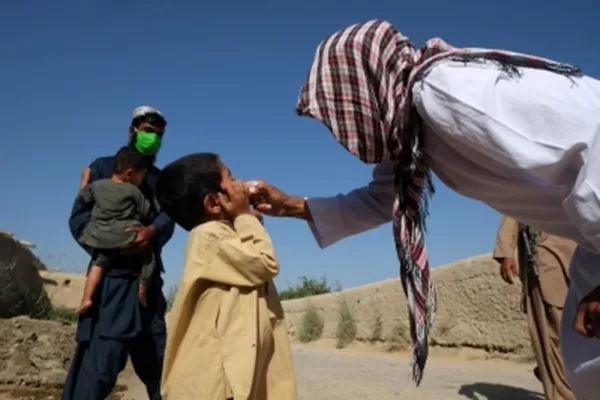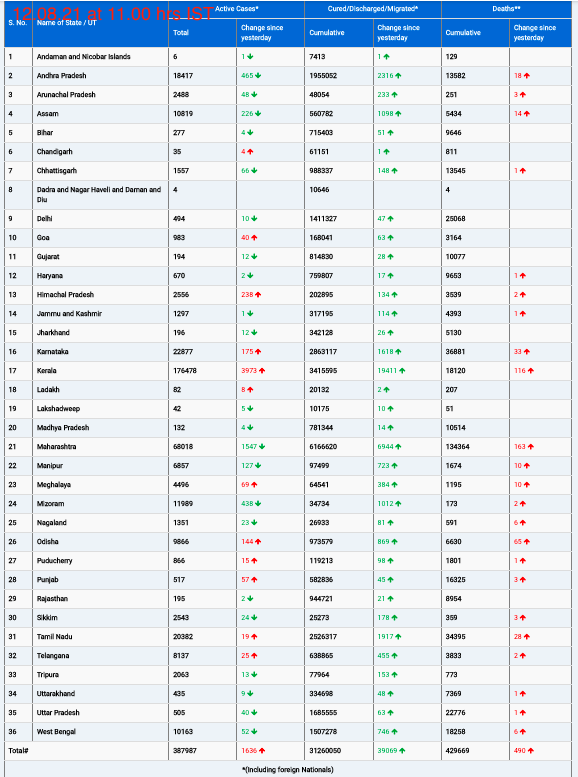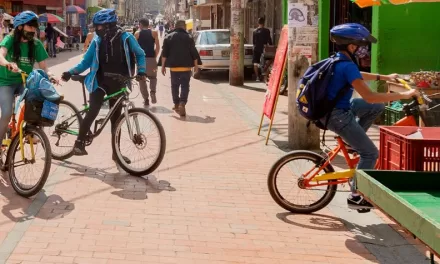`September 2024 — Kabul: In a sudden development, the United Nations (UN) has announced that the Taliban-led government of Afghanistan has suspended all polio vaccination campaigns across the country. The move came just days before a critical nationwide immunization campaign scheduled for September, with no official explanation provided for the decision.
The United Nations agencies working on polio eradication expressed concern over the suspension, as the country continues to see a rise in polio cases. Representatives from the Taliban government did not immediately respond to requests for comment, leaving global health authorities uncertain about the future of the campaign.
Rising Polio Cases in Afghanistan
Afghanistan, along with Pakistan, remains one of the last countries in the world where polio continues to circulate. The virus, which causes paralysis and can be fatal, had been largely contained to certain regions, but in the past three years, cases have surged. Provinces that were previously free of polio have reported new infections, raising fears of a nationwide resurgence.
Global health agencies, including the World Health Organization (WHO) and UNICEF, have been heavily involved in efforts to eradicate polio in Afghanistan. These efforts have faced significant challenges due to the country’s ongoing conflict, logistical difficulties, and resistance from some communities.
The Importance of Immunization Campaigns
Polio immunization campaigns are seen as essential in preventing the virus from spreading. These campaigns involve mass vaccination drives, targeting children under the age of five who are most vulnerable to the disease. In recent years, despite security risks, health workers have made significant progress in reaching remote areas and vaccinating children.
The suspension of the vaccination campaign raises concerns about the immediate and long-term impact on polio eradication efforts in Afghanistan. Without regular immunization drives, experts fear that the virus could spread rapidly, affecting thousands of children.
Global Response and Concerns
The UN has urged the Taliban government to reconsider its decision and allow health workers to resume their work. In a statement, UN agencies highlighted the critical need for continued polio immunization to protect the country’s children. “We hope that the suspension is temporary and that dialogue with the authorities can lead to a quick resolution,” a UN spokesperson said.
Health officials also pointed out the regional implications of the suspension, as polio does not respect borders. The virus has the potential to spread beyond Afghanistan if left unchecked, threatening the global effort to eradicate the disease. Polio eradication has been one of the key health priorities for both Afghanistan and Pakistan, where vaccination campaigns have similarly faced resistance from extremist groups.
Historical Context
The fight against polio in Afghanistan has been fraught with difficulties for decades. While significant progress was made in the early 2000s, political instability and security concerns have continued to hamper efforts. Health workers have often found themselves caught in the crossfire of conflict, and there have been numerous reports of attacks on vaccination teams, leading to the deaths of several health workers over the years.
Despite these challenges, Afghanistan has seen substantial reductions in polio cases until the recent surge. The current suspension threatens to undo years of hard-won progress in the fight against this devastating disease.
Looking Ahead
As the world watches closely, the fate of polio eradication efforts in Afghanistan remains uncertain. The suspension of vaccination campaigns comes at a crucial time, and global health organizations are working to engage with the Taliban-led government to find a resolution. The next few weeks will be critical in determining whether the country can continue its fight against polio or whether the virus will gain a stronger foothold in the region.
For now, the health and future of Afghanistan’s children hang in the balance, as the world hopes for a swift return to life-saving vaccination campaigns.











